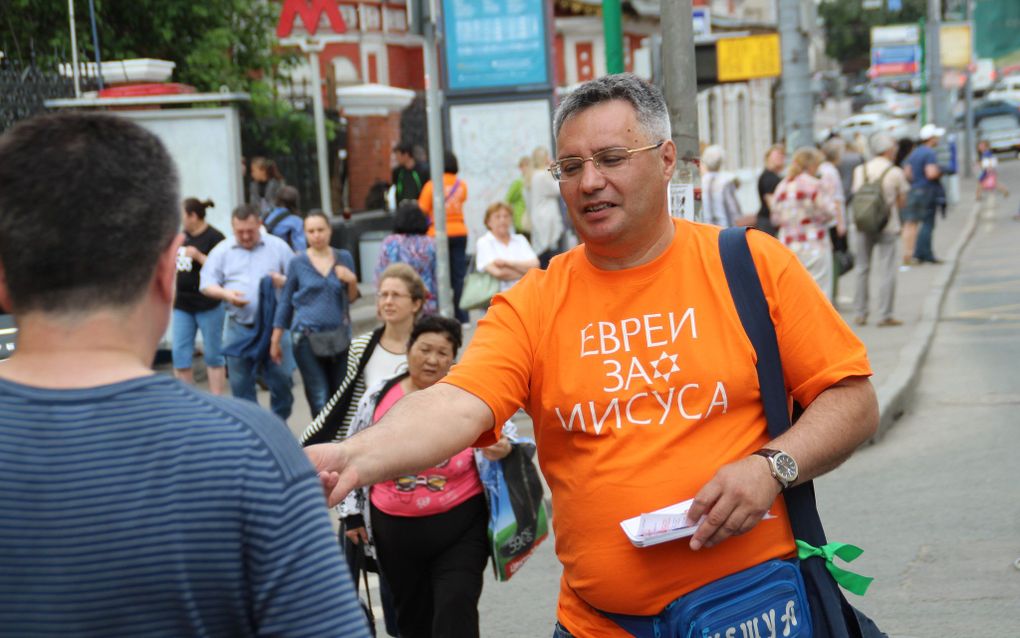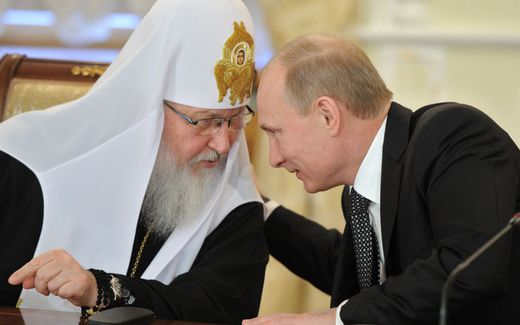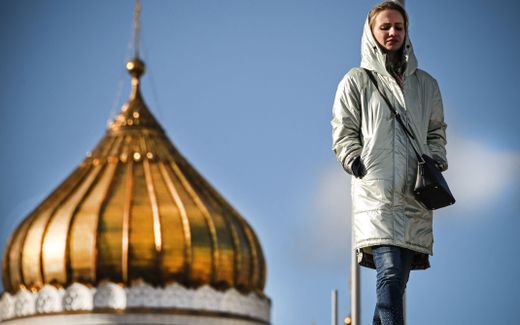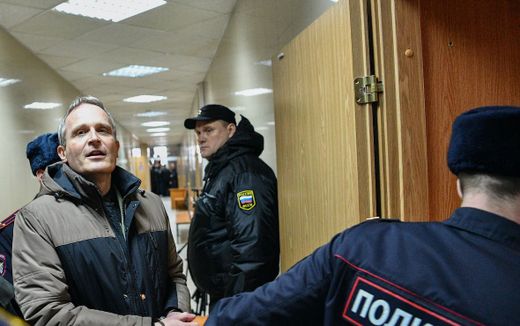Russian evangelicals fear increased control from the state

Russian evangelicals fear that their freedom will be further curtailed. Evangelising on the street, as on the picture, is now forbidden already. More regulations follow. Photo Flickr, Bob Mendelsohn
Eastern Europe
The Russian state received more instruments to control churches, through some amendments to legislation on religion. Evangelicals fear that the state will have more say on religious education, Czech Krestan Dnes writes.
The amendments are the most significant increase in government control since 2016, when the law banning evangelisation came into force.
The country has mandated that all clergy, religious leaders, and missionaries who were trained abroad take a course in "state-confessional relations in the Russian Federation" and then become re-certified by a centralised religious organisation Forum 18 reported earlier this year. Measures that came into force at the end of last month.
License
President of the Moscow Theological Seminary, Peter Mickeyevich, is concerned about the implementation of new amendments. "We are taking steps to make sure we understand the requirements and try to meet all obligations."
The Moscow Theological Seminary already lost its license in 2019. The Inspectorate for the Supervision of Education then justified her actions by lacking an "approved educational program". It was not until July 2021 that the government issued a new license to reopen the school.
The Eurasian Theological Seminary belonging to the Russian Pentecostal Union lost its license in November 2018. The Evangelical Lutheran Church lost its license for higher education on April 6, while another Lutheran seminary is fighting in court to keep the right.
Extremists
Konstantin Bendas, president of the Moscow Foundation for the Promotion of Christian Culture, Science and Education, is also very worried. While the 2016 law focused mainly on the outward activities of churches, such as gathering and evangelism, the government's sights are now set on the life within the church itself. "From now on, the state can control anyone who goes to the podium during the service and generally shows some kind of activity in the church community," Bendas told Christianianity Today.
For many years, Russian evangelicals have feared the consequences of anti-extremist laws that monitor and restrict religious life. With the 2016 law on extremism, the government severely curtailed freedom of religion in Russia. Evangelising on the street or in people's homes is no longer permitted. Minority faiths are challenged in Russia, particularly if deemed "extremist."
Protestants and Jehovah's Witnesses appear to be the main targets of the government.
Related Articles






